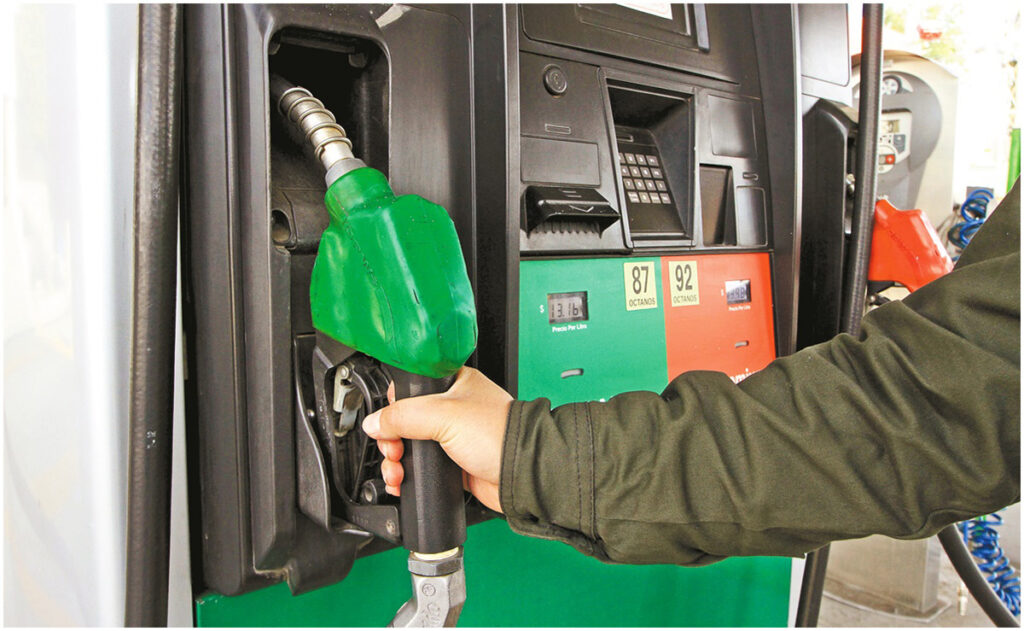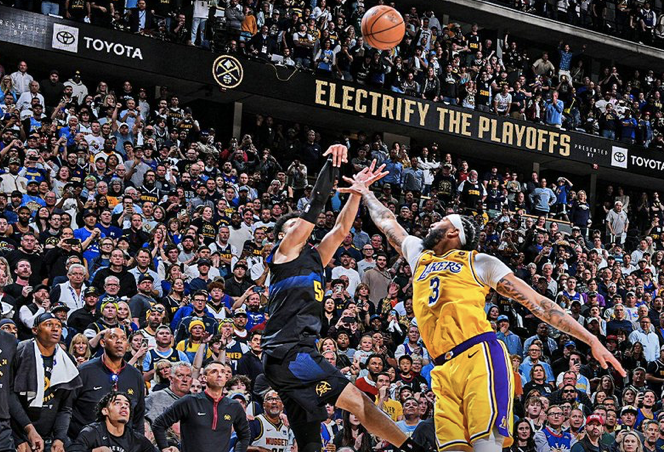
CRITICS CONSIDER THAT IT WILL AFFECT HISPANIC FAMILIES
El Comercio de Colorado Newsroom
Haga click aquí para leer la versión en español
Sen. Faith Winter and Rep. Matt Gray are proposing a plan to apply gas fees. The funds generated by the proposal of these two Democratic legislators would be used to improve the roads and develop other transportation projects. This plan, which has the express support of Alec Garnett, Speaker of the House of Representatives, and Steve Fenberg, leader of the Senate majority, would also apply fees to the registration of electric vehicles and to the services of Lyft, DoorDash and FedEx.
According to Winter and Gray, transportation projects are critical for Colorado to recover. “They want to persuade you to pay more by appealing to your understandable desire for better roads. But paying more won’t necessarily mean you’ll get better roads. Colorado stands 12th among the 50 states in spending gas tax money on non-highway programs. That means for every dollar you pay in gas taxes (and potentially in gas “fees”), more than a dime never makes it to the asphalt,” said Angel Merlo, with The Libre Initiative.
According to Merlo, “This proposed gas fee is a gas tax, no matter what its supporters call it. It would be a blatant violation of the Taxpayer’s Bill of Rights (TABOR) provision that voters approved less than three months ago. For his part, Garnett says transportation projects do not require voter approval for some rate increases. Garnett added that he does not feel obligated to seek voter input for transportation funding.
Economic Impact
“There are fees all over the place,” he said. “The future of Colorado is going to be electric vehicles, right? So are we going to go to the voters and ask, ‘Should we increase the electric vehicle registration fee by $10?’ No, we’re not,” said Garnett to Colorado Politics. Meanwhile, Merlo emphasizes the negative impact of the gasoline rate. “The lowest-income households devote more than 20 percent of their after-tax income to utilities and gasoline. The situation is even worse for Hispanic and other minority families,” concluded Merlo.
You may also like:
Aid for Small Hispanic Businesses Approved
Novavax vaccine trial is advanced at UCHealth
Access to Covid-19 Vaccine Expanded for Hispanics






otras noticias
La Dame Blanche closes the XIII Americas Latino Eco Festival
More than $2 million for 3,570 workers
Xavier Becerra highlights the positive impact of 988 on managing mental health crises